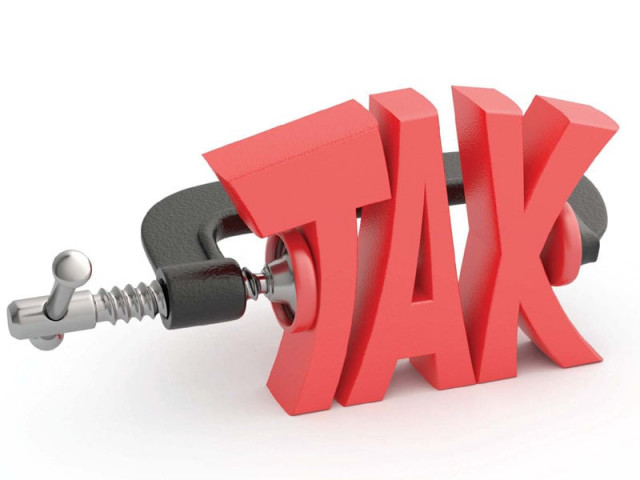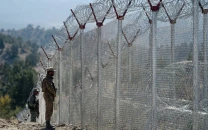
The FBR will conduct fresh balloting on the basis of approved parameters on Monday to select cases for audit. DESIGN: FAIZAN DAWOOD
Headed by FBR Chairman Ali Arshad Hakeem, the Board-in-Council – the highest decision-making body of the FBR – gave the go-ahead to separate risk parameters for income tax, sales tax and federal excise duty.
In November last year, the FBR had picked 9,740 cases for audit through computer balloting on suspicion of massive tax evasion. However, the Lahore High Court stopped the move on the ground that risk parameters for selecting audit cases had not been approved by the Board-in-Council.

Talking to The Express Tribune, Ali Arshad Hakeem said the FBR will conduct fresh balloting on the basis of approved parameters on Monday to select cases for audit.
Following the directives of the high court, he said, the FBR has set separate parameters for three types of taxes. The Board-in-Council has also delegated powers to the members of FBR for performing the audit.
The November 2012 effort was the second such attempt to conduct the audit in three years. Earlier, in 2009 the FBR had selected roughly 900 firms for audit, but these companies approached the court, arguing that under the FBR Self-assessment Scheme, the body had no powers to perform audit.

To overcome that hurdle, the FBR inserted Clause 214-C in the income tax law of 2001. In 2009, the selected companies exploited another loophole.
Now, the Board-in-Council has plugged this loophole with 14 risk parameters for the audit of corporate sector. These include firms that show a 5% difference between the value of imports in income tax returns and the value of declared imports. Other firms that will come under FBR’s radar include those that show a 10% decline in sales over previous year, claim refund of Rs10 million, show persistent decrease of more than 5% in net profit over the last three years and show addition to plant and machinery exceeding Rs200 million.
Companies that show addition to plant and machinery in tax year 2009 without a corresponding increase in turnover for tax year 2011 will also be subject to audit. Another important parameter is that if a company puts financial cost at more than 5% of turnover.
For non-corporate sector, the first parameter is that if a company’s opening stock does not match with the closing stock of previous year. Companies that put cost of sales at 80% of total sales (other than distributors/suppliers), continuously declare losses for the last three years, continuously post decreased income for the last three years, show a 10% decline in total sales over previous year and their net tax paid is less than 10% in comparison with the previous year, will face audit. Hotels and restaurants showing cost of sales at over 70% of turnover will also be picked for audit.
In sales tax, a company will face scrutiny if it shows a difference of 5% between declared imports and sales tax returns.
In federal excise duty, a corporation will be selected for audit if it shows more than half of the purchases from unregistered persons and more than 50% of sales to unregistered persons. Fifty per cent of supply to blacklisted and suspended persons and 50% of purchases from blacklisted and suspended persons will also lead to the audit.
Published in The Express Tribune, February 16th, 2013.
Like Business on Facebook to stay informed and join in the conversation.



















COMMENTS
Comments are moderated and generally will be posted if they are on-topic and not abusive.
For more information, please see our Comments FAQ